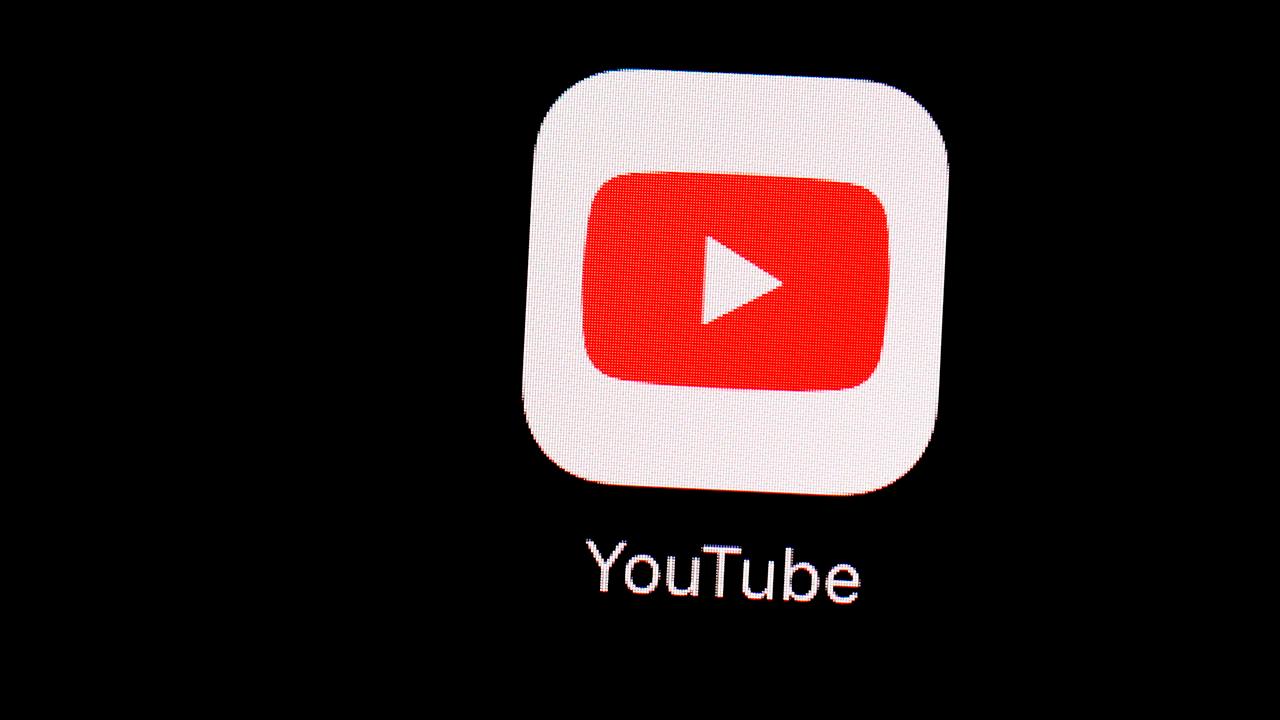Google's YouTube fined $170M for violating children's privacy
Google-owned YouTube will pay a historic $170 million fine to settle allegations that it illegally collected children's personal information without parental consent, the Federal Trade Commission announced Wednesday.
The companies will pay $136 million to the FTC and $34 million to the state of New York for violating the Children's Online Privacy Protection (COPPA) Rule.
"The $136 million penalty is by far the largest amount the FTC has ever obtained in a COPPA case since Congress enacted the law in 1998," the FTC said in the press release.
YouTube took in millions of dollars by tracking children under the age of 13 through online identifiers called cookies. YouTube used the cookies to deliver targeted ads to viewers of children's channels on the site, the FTC said. The advertising networks involved are technically third parties but still must comply with COPPA if they have knowledge that they are collecting information directly from users of children's websites and online services like the YouTube channels in question.
"YouTube touted its popularity with children to prospective corporate clients,” FTC Chairman Joe Simons said in a statement. “Yet when it came to complying with COPPA, the company refused to acknowledge that portions of its platform were clearly directed to kids. There’s no excuse for YouTube’s violations of the law.”
The fine will be a drop in the bucket compared to YouTube's estimated annual revenue of at least $10 billion. In fact, Google purchased YouTube for an amount far greater than the fine, $1.65 billion, in 2006.
And, at least one tech group was not happy with the penalties levied against Google and YouTube.
"By settling this case instead of litigating it, the FTC skipped all the hard work of considering and minimizing, negative consequences of its remedy. This settlement will cut advertising revenue for creators of child-directed content by more than half. This will give content creators a perverse incentive to mislabel their content. ... it is not at all clear that this will do anything to meaningfully protect children," Berin Szóka, president of Washington, D.C.-based think tank TechFreedom, said in a statement.




















